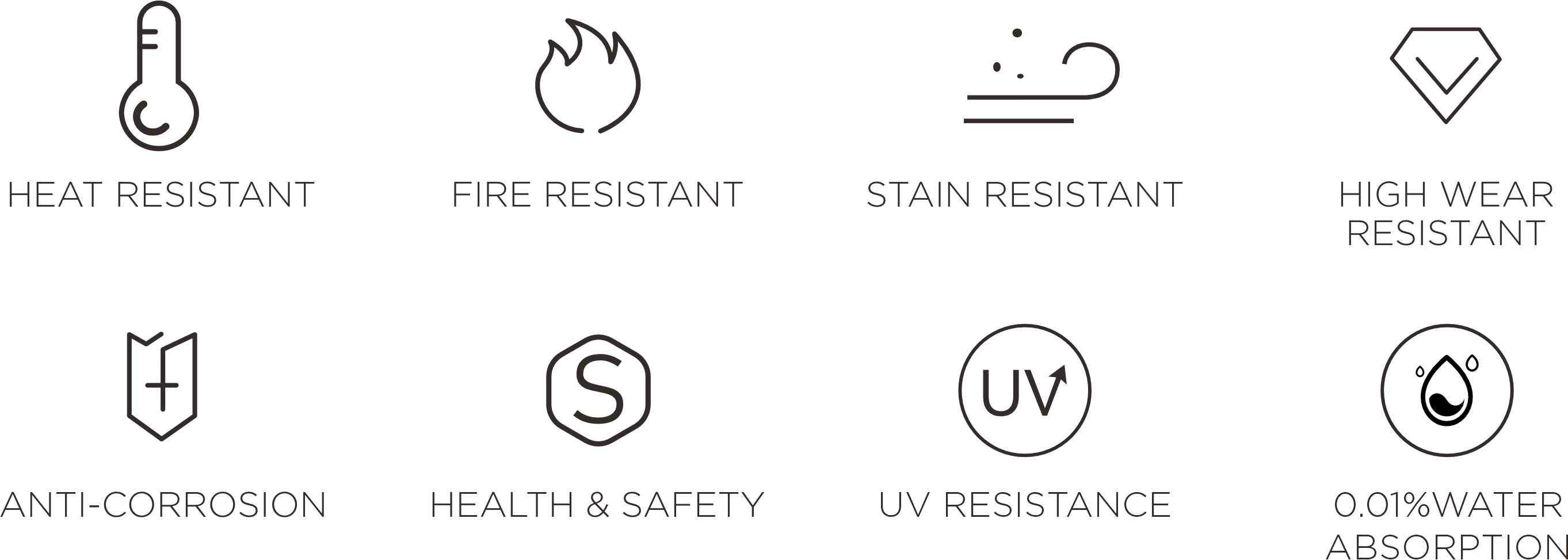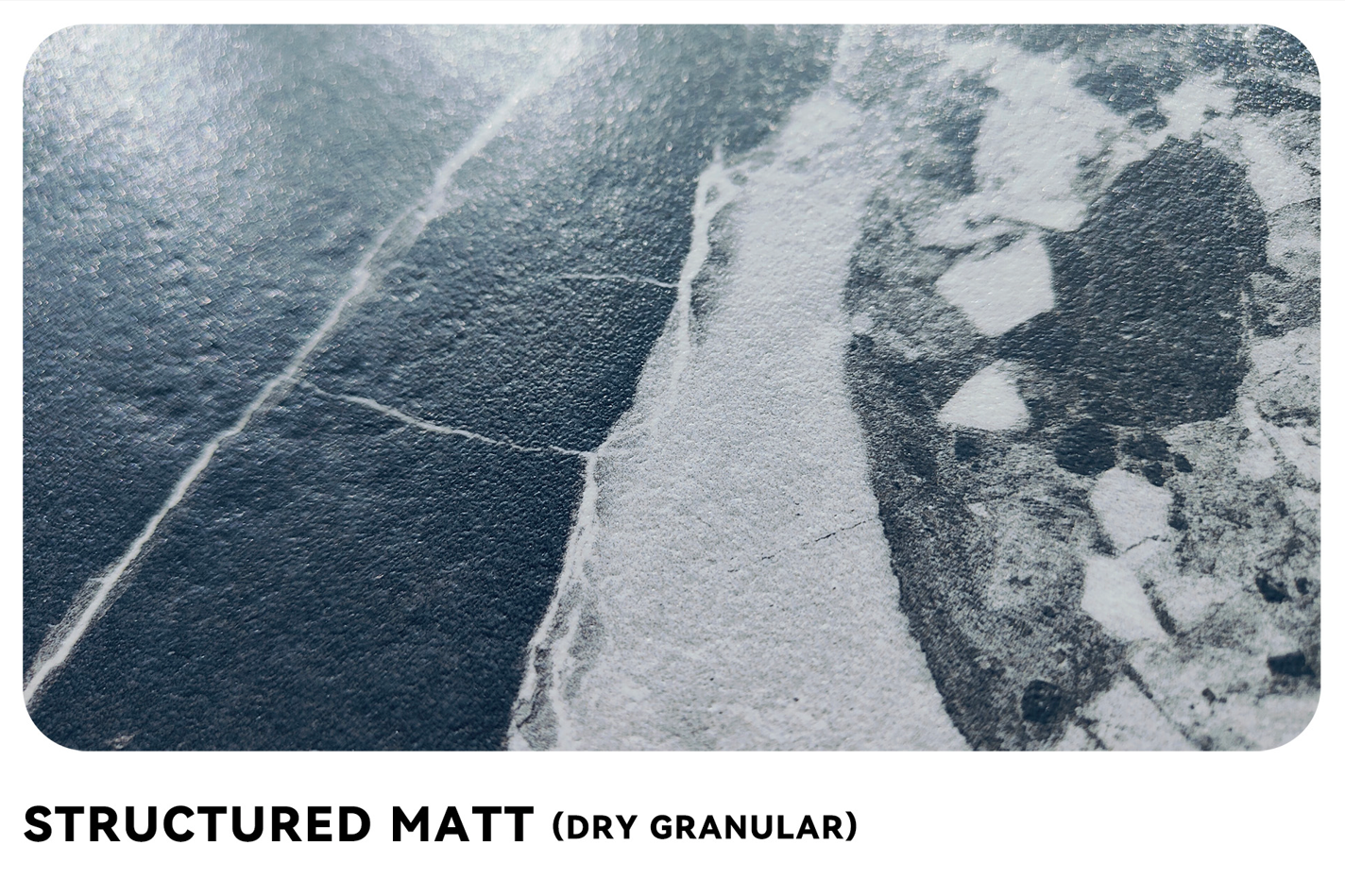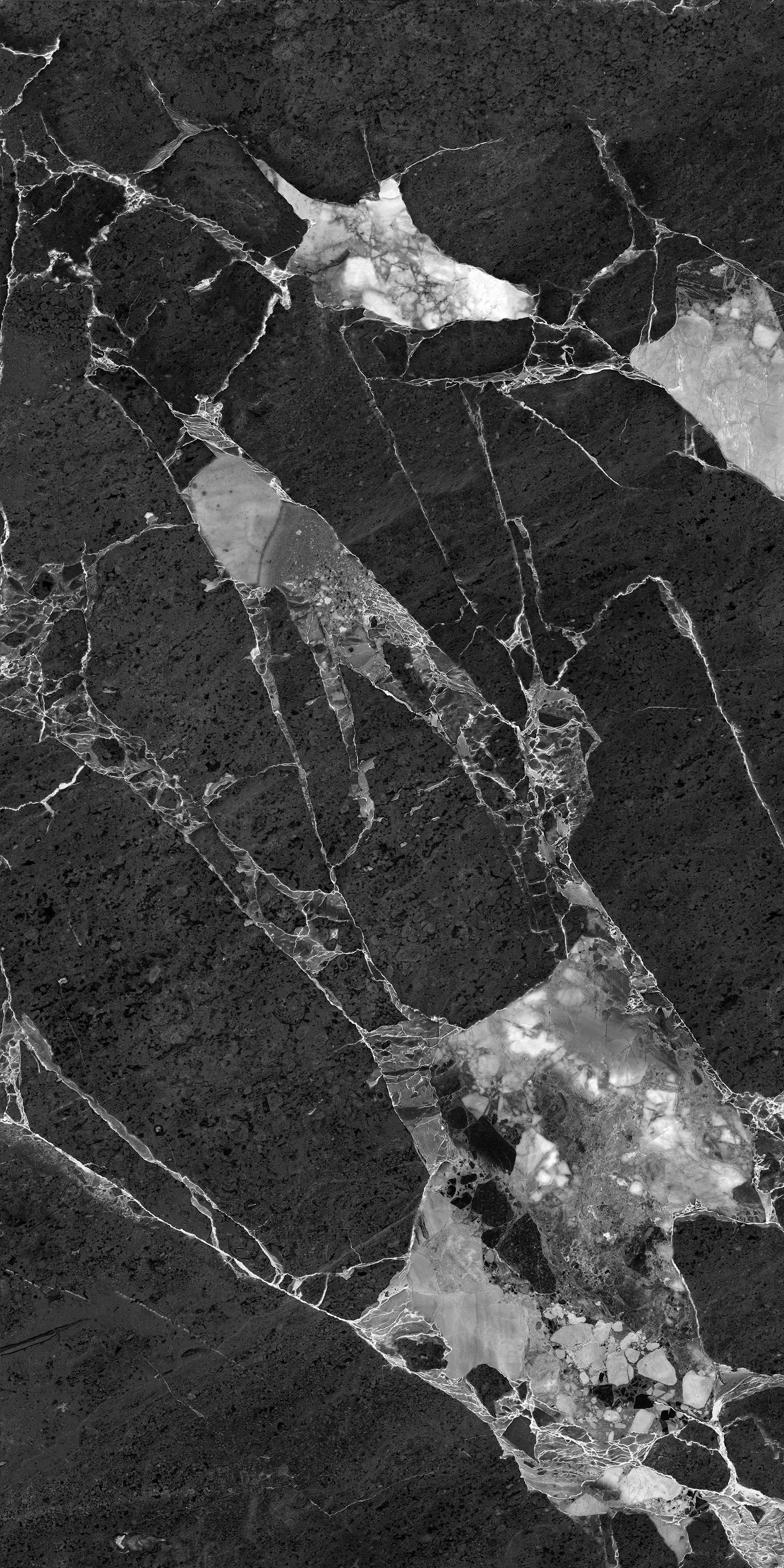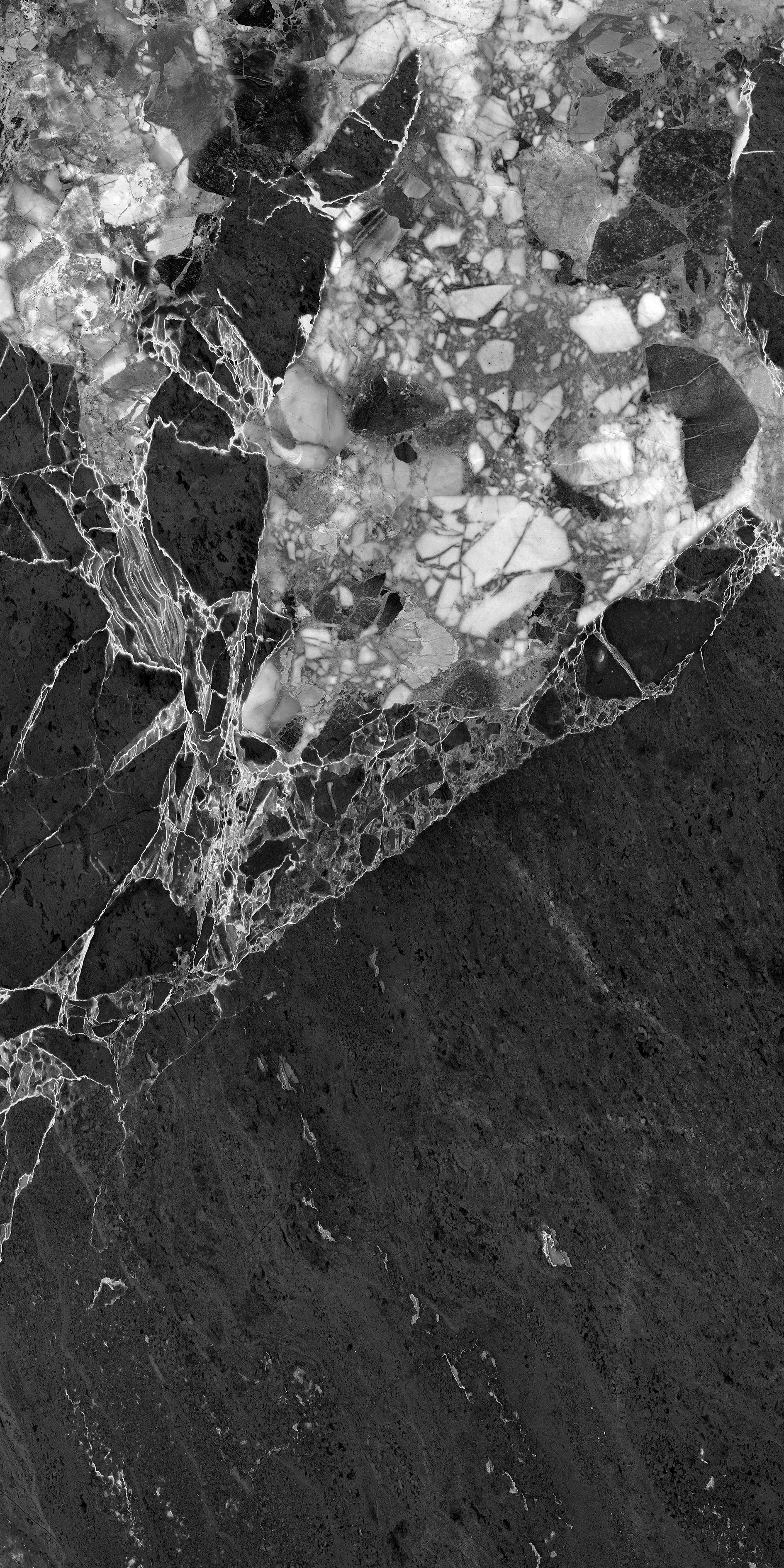Marble stone countertops, a common high-end stone decorative material in modern homes and commercial spaces, are widely popular for their natural grain, unique texture, and elegant appearance. However, this high-end status comes with high cleaning and maintenance requirements. Because marble is a natural calcium carbonate material, it is porous and fragile. Therefore, it is essential to adopt a scientific and rational cleaning method during daily use to extend the life of the marble stone countertop.
This article will comprehensively answer the question of "how to clean marble stone countertops" by analyzing the material properties, daily cleaning methods, deep stain removal techniques, misuses, and long-term protection solutions for marble stone countertops, helping users better maintain this precious decorative material in their daily lives.


Why do marble stone countertops require special cleaning methods?
Unlike common quartz and engineered stone, marble stone countertops exhibit distinct chemical and physical properties:
1. Porosity and Absorption
The tiny pores within marble stone countertops absorb liquids easily. This means that if liquids like coffee, red wine, and juice come into contact with the surface and aren't cleaned promptly, they can cause deep stains.
2. Acid and Alkali Sensitivity
Marble stone countertops are primarily composed of calcium carbonate. When exposed to acidic or strongly alkaline substances, they undergo a chemical reaction, corroding the surface and causing it to lose its gloss, become white, or even become pitted.
3. Limited Hardness
Although marble stone countertops appear hard, they are less hard than granite or ceramic, making them easily scratched by knives and sharp objects.
Because of these characteristics, cleaning marble stone countertops requires more gentle, professional, and meticulous methods than standard cleaning practices.
How should marble stone countertops be cleaned daily?
Daily cleaning is essential to maintaining the beauty of marble stone countertops. Appropriate maintenance can prevent stains from accumulating and tarnishing.
1. Use a neutral cleaner
Acidic or alkaline cleaners, such as citric acid or bleach, should not be used on marble countertops. We recommend using a neutral cleaner specifically formulated for natural stone, which removes dirt without damaging the surface.
2. Gentle cleaning tools
Use a soft cotton cloth, microfiber cloth, or sponge to clean marble countertops; avoid using hard tools like steel wool.
3. Deal with spills immediately
Whether it's coffee, juice, or oil, immediately wipe clean any spills on marble countertops to prevent them from seeping into the stone's pores.
4. Rinse with warm water and wipe with a dry cloth
After cleaning, it's best to rinse the marble countertop with warm water and then dry it thoroughly with a dry cloth to prevent stains from forming.
By following these steps, your marble countertop will remain clean and shiny during daily use.

What substances can damage marble countertops?
To properly clean marble stone countertops, you must understand which substances are harmful to them.
• Acidic liquids: Lemon juice, vinegar, and wine can chemically corrode marble stone countertops.
• Strong alkaline substances: Bleach and ammonia solutions can damage the crystal structure of marble stone countertops.
• Grease and seasonings: Cooking oil, soy sauce, and other ingredients can penetrate the pores of the stone if left on for too long.
• Abrasive powders: Scouring powder and abrasive cleaners can easily scratch the surface of marble stone countertops.
• Hard water residue: Calcium and magnesium ions in water can cause white spots on marble stone countertops, affecting their appearance.
Prolonged contact with these substances can irreversibly damage marble stone countertops.
How to remove stubborn stains from marble stone countertops?
Even with daily cleaning, marble stone countertops can still develop difficult-to-remove stains. Different stains require specific treatment methods:
1. Oil Stains
Sprinkle talcum powder or baking soda on the oily area. Let it sit for several hours before wiping it off to absorb the oil.
2. Beverage Stains
Marks left on marble stone countertops by coffee, tea, or red wine can be gently rubbed with stone cleaner, repeating the process several times as necessary.
3. Water Stains
For hard water stains, wipe with a soft cloth dampened in warm water and allow to dry thoroughly. Deeper marks can be treated with a specialized stone stain remover.
4. Scratch Repair
Minor scratches can be treated with stone polishing paste, while deeper scratches require professional mechanical grinding and polishing.
Through these methods, marble stone countertops can gradually regain their original brightness and texture.

Can marble stone countertops be cleaned with disinfectant?
Many families, concerned about hygiene, use disinfectant. However, ordinary disinfectant is not suitable for marble stone countertops.
• Bleach disinfectant: Can cause marble countertops to yellow, lose their gloss, or even corrode.
• High-concentration alcohol: Long-term use may cause the surface of marble countertops to dry out and crack.
• Alternative: It is recommended to use an antibacterial cleaner specifically for natural stone, or occasionally use diluted mild alcohol.
While pursuing cleaning and disinfection, it is important to also consider the material protection of the marble countertop.
Do marble countertops require regular protective treatment?
The answer is yes. Marble countertops require regular protection to extend their lifespan.
1. Glaze Treatment
Glaze is typically applied upon installation, but as it gradually wears out with use, it is recommended to be reapplied regularly.
2. Penetrating Protective Agent
Penetrating protective agent penetrates deep into the marble countertop, forming an invisible protective layer that effectively prevents stains from penetrating.
3. Maintenance Frequency
For typical home kitchens, it is recommended to apply protective treatment every 6 to 12 months. Commercial spaces with high traffic require more frequent treatment.
By protecting your marble countertop, it can maintain its shine and cleanliness for longer.
What are some common mistakes when cleaning marble countertops?
• Using strong acid or alkaline cleaners can cause corrosion.
• Cutting directly on the marble countertop can scratch it.
• Using hard objects like steel wool can damage the surface finish.
• Placing hot pots directly on the marble countertop can cause hot spots or cracks.
• Ignoring small, long-term stains can make them difficult to clean.
Avoiding these mistakes can extend the life of your marble countertop.
How can you extend the life of your marble countertop in everyday life?
• Using coasters and potholders: Prevent hot pots or drinks from coming into direct contact with the marble countertop.
• Using a cutting board when cutting vegetables: Prevent scratches on your knife.
• Keep the countertop dry: Dry it immediately after use to avoid prolonged water accumulation.
• Clean regularly: Don't wait until stains become stubborn before addressing them.
• Avoid heavy impact: Although marble stone countertops are strong, strong impacts can cause cracks.
These details may seem minor, but they are key to keeping your marble stone countertop looking new for decades.
Are WOWSLAB products eco-friendly and high-end?
Yes. WOWSLAB produces marble and sintered stone slabs with a focus on aesthetics, durability, and environmental responsibility. Our factory in China ensures high-quality production, while our company provides wholesale, bulk purchasing, and customized options for clients worldwide.
Buyers can request detailed quotes, enjoy discounts, and participate in promotional campaigns. Our experienced team supports every step of your project, from design consultation to installation.


